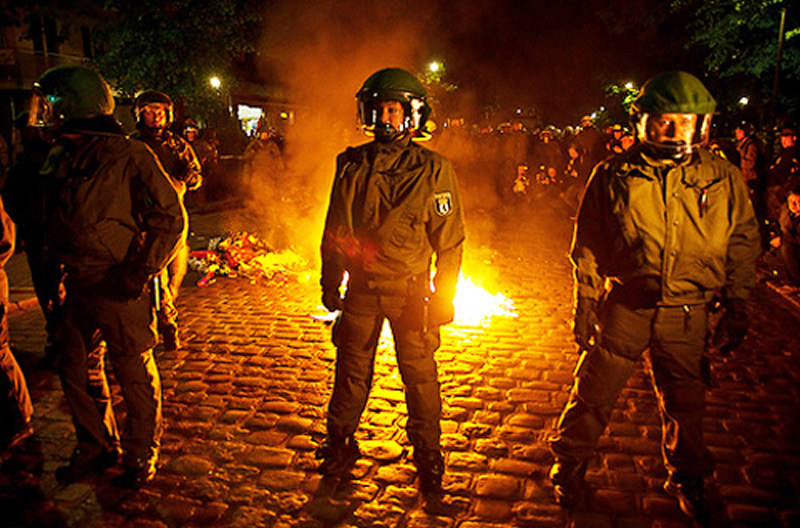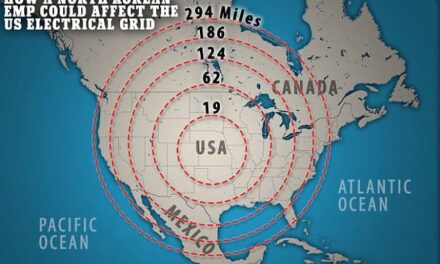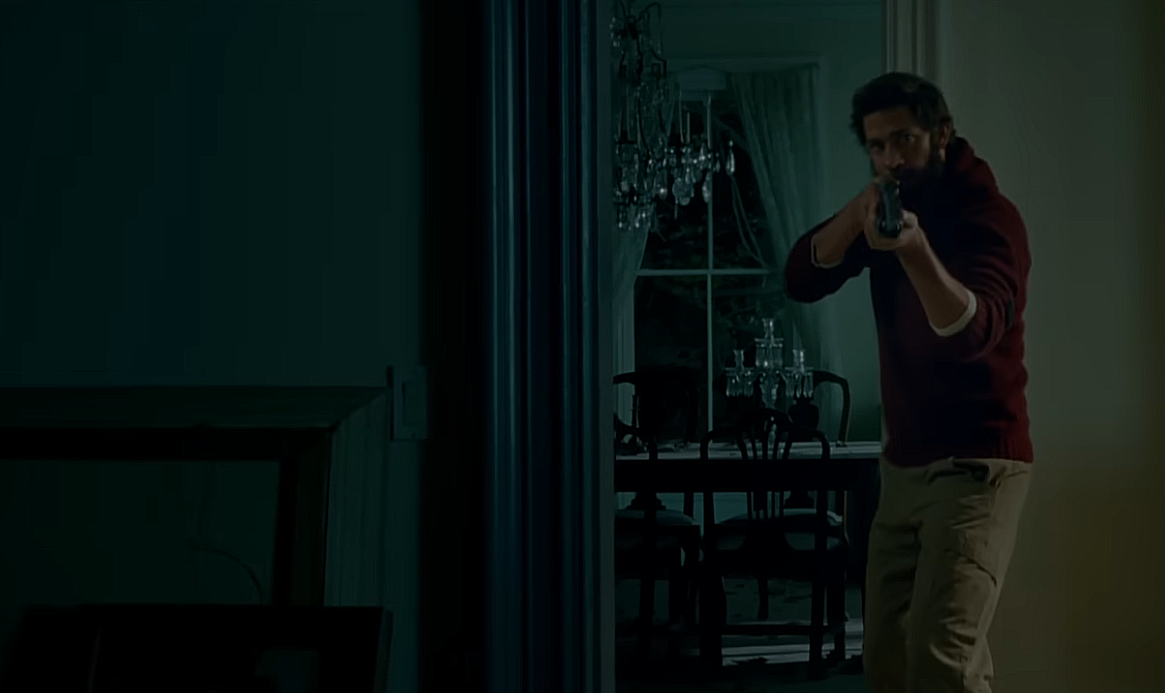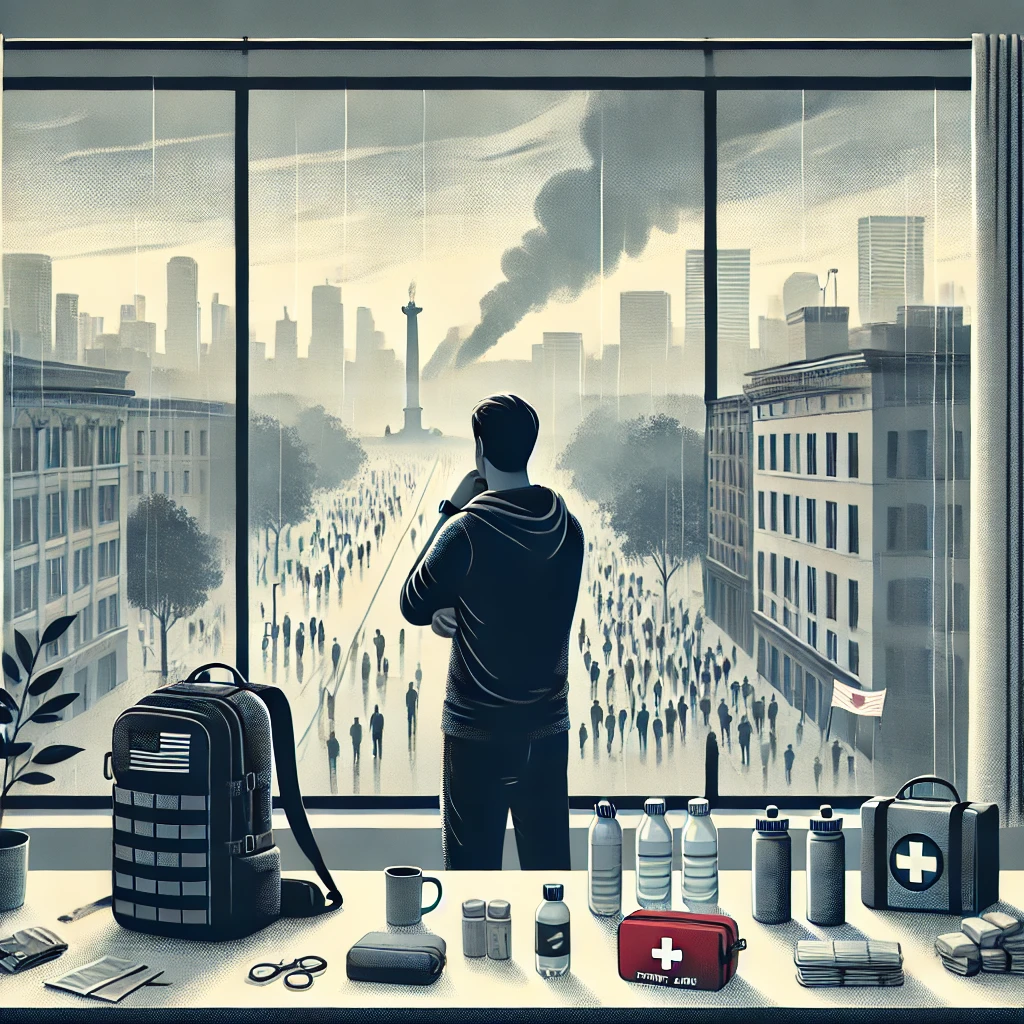Civil unrest can erupt suddenly, putting homes and families at risk. Being prepared and knowing how to secure your home effectively can make a big difference when things get tense in your area. This guide will walk you through practical steps to protect your home during civil unrest, from securing entry points to maintaining peace of mind for you and your family.
Secure All Entry Points
One of the first steps in home defense is to secure all entry points. This means reinforcing doors, windows, and any other points where someone could enter your home. A solid front door is a must. Install deadbolt locks and consider adding a security bar for extra strength.
For windows, especially those on the ground floor, apply security film or shatter-resistant glass to prevent break-ins. In times of civil unrest, these small barriers can make a big difference. Adding security bars or grilles to windows is another option, as they provide an extra layer of protection without impacting visibility.
Use Outdoor Lighting to Deter Intruders
Lighting is a powerful deterrent. Criminals and vandals typically avoid well-lit areas. Motion-sensor lights around your property can serve as an effective line of defense, illuminating anyone who approaches your home. Install these lights near doors, windows, and dark corners around your house to ensure full coverage.
Strategically placed lighting gives you an advantage during civil unrest, letting you see any potential intruders and making them think twice before approaching. It also adds to your overall security without requiring much maintenance.
Install a Reliable Security System
A good security system is essential. Cameras, alarms, and motion detectors are more than just tech gadgets—they’re tools to keep you safe. Surveillance cameras can be positioned to cover key areas around your property, such as doors, windows, and the driveway. Make sure your system includes visible cameras, as these act as a deterrent.
A well-monitored security system allows you to keep an eye on your home even when you’re not there. Many modern systems come with mobile access, so you can monitor your property from your phone. Having an alarm system in place will also alert you immediately if there’s a breach, giving you the chance to respond quickly and effectively.
Reinforce Your Home with Physical Barriers
Physical barriers like fences, gates, and walls can add an extra layer of defense. A sturdy fence around your property establishes clear boundaries and creates a barrier that’s harder to cross. Adding locks to your gates or reinforcing them with additional security can also help protect against intruders during civil unrest.
If possible, create a perimeter around your home with landscaping elements like thorny bushes near windows. These act as natural barriers, making it difficult for anyone to approach undetected. Combined with physical barriers, these tactics increase the security of your home in an unobtrusive way.
Prepare a Safe Room
If things escalate, having a safe room within your home is a smart move. This room should be an interior space with no windows, secure locks, and essential supplies. Stock it with water, food, first-aid supplies, and communication devices like a charged phone or portable radio. A safe room is a last line of defense, allowing you to protect your family if someone breaches your property.
Practice emergency drills with your family to make sure everyone knows how to reach the safe room quickly. In a tense situation, having a designated safe space will bring peace of mind and help you respond calmly.
Maintain Communication with Neighbors
In times of unrest, staying in contact with neighbors can help increase safety for the entire community. Join neighborhood watch programs or simply exchange contact information with nearby residents. If there’s an issue or suspicious activity, being able to quickly notify each other can make a big difference.
Neighbors can act as additional eyes and ears, letting you know if there’s unrest or suspicious activity nearby. A supportive community is stronger and safer, providing you with allies if civil unrest impacts your area.
How to Protect Your Home During Civil Unrest: Essential Supplies
Having the right supplies on hand is crucial when protecting your home during civil unrest. In addition to basic items like food, water, and first aid, consider other essentials. Fire extinguishers, flashlights, batteries, and portable chargers for devices are invaluable. Civil unrest can sometimes lead to power outages, so be prepared with alternative lighting and power sources.
Consider storing non-perishable food and enough water for at least three days, especially if unrest could disrupt supply chains. By stockpiling these essentials, you won’t have to worry about leaving your home to gather supplies during times of chaos.
Staying Calm and Vigilant
In any high-stress situation, keeping a calm and vigilant mindset is essential. Civil unrest can be chaotic, but panic can lead to mistakes. Focus on what you can control—your preparation, your family’s safety, and your response plan. Regularly review your home defense strategy with family members to make sure everyone knows what to do if unrest approaches your area.
In challenging times, mental preparedness is as important as physical security. Confidence in your plan will help you stay level-headed and make better decisions under pressure.
Ready and Resilient
No one wants to think about civil unrest affecting their home, but preparation is the best defense. By securing entry points, enhancing outdoor lighting, installing a security system, and building community connections, you can protect your property and ensure peace of mind for you and your family. With a thoughtful, strategic approach, you’ll be ready to face any situation with resilience and confidence.





